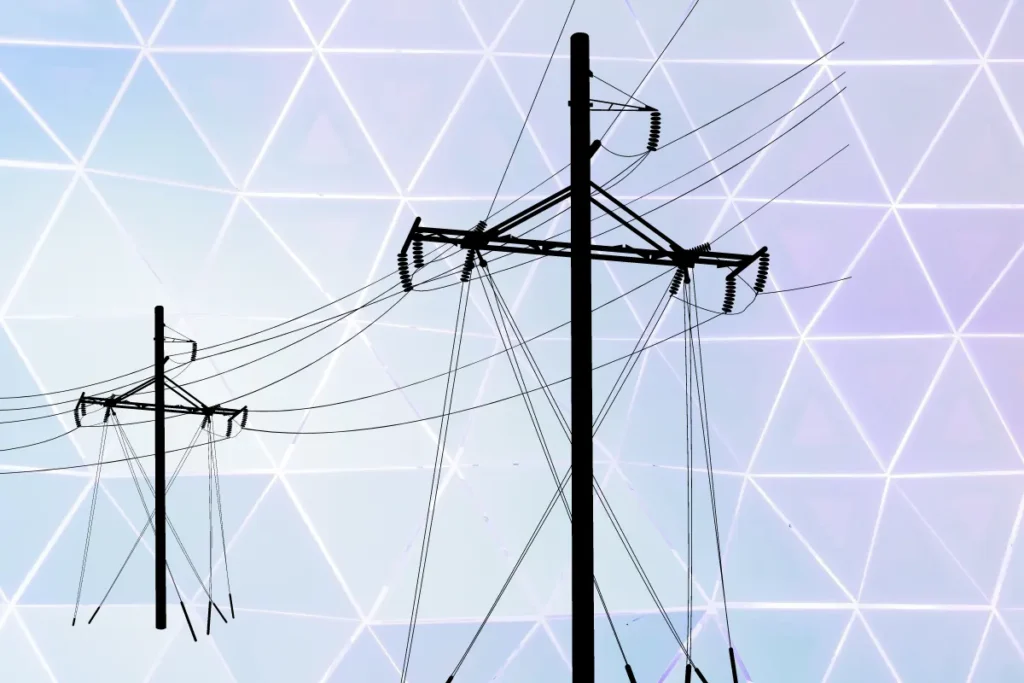Shortly after the pandemic struck in 2020, CURE led a national effort to call for rural electric cooperatives to lead in the crisis. The letter which was signed by 28 organizations called for utility shutoff moratoriums, and several other actions co-ops could take to protect their members and their communities. The letter was sent to national electric co-op leadership and political leadership in both parties.
As the crisis has progressed, virtually every system we rely on as a society is being tested. Weaknesses and inequalities that have existed for many years have been revealed in the havoc COVID-19 has wreaked upon people. Our electric system, an essential service to ensure people can stay healthy and safe, has been, in many cases, an arbiter of who lives and who dies. A recent study from the National Bureau of Economic Research showed that a nationwide utility shutoff moratorium would have reduced the COVID death rate by 14.%. Tens of thousands of lives.
Beyond the impacts of COVID-19 on our electric system, there are many other critical issues to address regarding the future of rural electrification. Rural electric cooperatives—originally created through access to public investment as a part of the New Deal—have lagged in adopting clean energy and other modern utility technology. For this transition in our energy system to happen, renewed public reinvestment will be required.
The new Biden administration and a new Congress are currently considering how to further respond to the pandemic and strengthen our systems to be more resilient in future disasters. Both must give special attention to the national utility system and, in particular, rural electric cooperatives. Co-ops’ uneconomic assets that hurt rural communities and the co-op’s financial solvency need to be retired, much like their coal plants. New investment in rural electric cooperatives is crucial to rural communities’ recovery and long-term stability.
That’s why CURE has been working alongside a coalition of organizations across the country to consider how to reinvest in our rural electric cooperatives. In recent months this coalition has been involved in critical conversations about policies that will chart a COVID recovery course to clean cooperatives and stronger rural communities. The Retire & Reinvest Coalition is preliminarily releasing a letter outlining our approach and calling for organizations to join the letter.
As the country considers COVID recovery, we have a significant opportunity to address the crisis at hand and reinvest and strengthen essential systems and services. Reinvesting in rural America through electric cooperatives is a critical avenue to accomplishing major progress for rural communities, our climate, and public health.


